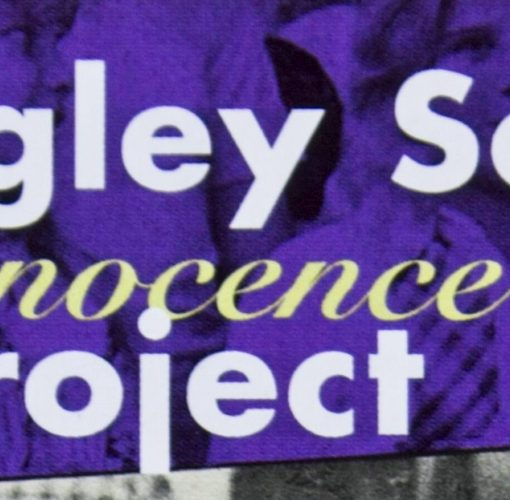I made myself a cup of coffee this morning with heavy cream in it. Which isn’t all that unusual for me; ever since I started the ketogenic diet, I’ve added heavy cream to my coffee as another source of fat. Prior to doing keto, I preferred my coffee black.
I sat down with my cup of coffee and started reading today’s “Daily Stoic” email (quoted below). It reminded me that my Dad, a big country-western music lover, told me once that he didn’t like the music of Johny Cash. I never really understood why he didn’t like his music, and it never dawned on me that I could ask him. I just took it at face value that he didn’t like him.
I have a collection of Johny Cash’s hits on my iTunes, and I really enjoy listening to it. I especially like his version of “Hurt”. And I always think of my Dad when I listen to Johny sing. So even though we don’t have the same opinion of Johny Cash, it’s something that brings memories of my Dad to mind. I smile.
As I finished my coffee and finished reading this daily stoic email, I got up to put my dirty coffee cup in the dishwasher and realized that I had gotten the cup out of the dishwasher that morning and that the dishwasher was full of dirty dishes. So I had my coffee in a dirty cup; and that made me laugh at myself! It also reminded me of my Dad and his brothers.
My Uncle Garold, Uncle J.L. and my Dad used to joke about how tough they were. When they were seated at a table of a restaurant and the waitress would ask them if they wanted coffee, they would all say, “Yes. Black. In a dirty cup! Cuz we’re tough!” And then they would laugh!
I have good memories of those three brothers. They were very loving, caring people and they were always laughing and having a good time, even if they weren’t as tough as they liked to jokingly claim they were.
I think I’ll start the dishwasher now; I don’t want to use a dirty cup again 🙂

There is a morbid theme running through the music of Johnny Cash. His deep, haunting voice is rarely far from a lyric about death or murder or loss or grief. He has songs about soldiers killed in Vietnam, songs about dying cowboys on the streets of Laredo, about tragic rifle accidents, songs about salvation and damnation, songs about tragedy and war. Famously, he performed almost his entire career dressed in black—like he was on his way to a funeral.
So it’s not a stretch to think he might have been a bit preoccupied with the idea of mortality. In an interview with Neil Strauss, Cash explained that this was the wrong way to see it:
“I am not obsessed with death. I’m obsessed with living. The battle against the dark one and the clinging to the right one is what my life is about. In ’88, when I had bypass surgery, I was as close to death as you could get. The doctors were saying they were losing me. I was going, and there was that wonderful light that I was going into. It was awesome, indescribable — beauty and peace, love and joy — and then all of a sudden, there I was again, all in pain and awake. I was so disappointed. But when I realized a day or so later what point I had been to, I started thanking God for life and thinking only of life.”
There’s a similar tendency to think that the Stoics were obsessed with death, particularly Marcus Aurelius and Seneca. (Seneca talked about death so much that there is a recently published collection of his writings on the topic actually titled How To Die). But if they were given a similar chance to comment, like Johnny Cash did, about their fixation with death, we might expect a similar response.
They weren’t obsessed with dying but with living. They wanted to get the most out of every minute of this uncertain existence we have all been given. It happens that meditating on our mortality is a powerful way to do that.Memento Mori is an exercise that makes sure we are awake, grateful, and at peace. It prepares us for the inevitability of what is to come, while allowing us to seize every second between now and then.
That might seem counterintuitive, but it actually makes perfect sense. If you know death is inevitable, and that there is nothing you can do about it, and you have no idea when it will come, well then what’s the alternative? Or as Andy Dufresne says to his friend Red, in The Shawshank Redemption, when they’re talking about what they’d do if they ever got out: “I guess it comes down to a simple choice: get busy living or get busy dying.”
Which is why we should start this morning with gratitude and urgency, with appreciation and awareness. How much time any of us have left is not up to us—but what we do with that time? That’s our call. That’s our song to sing.





